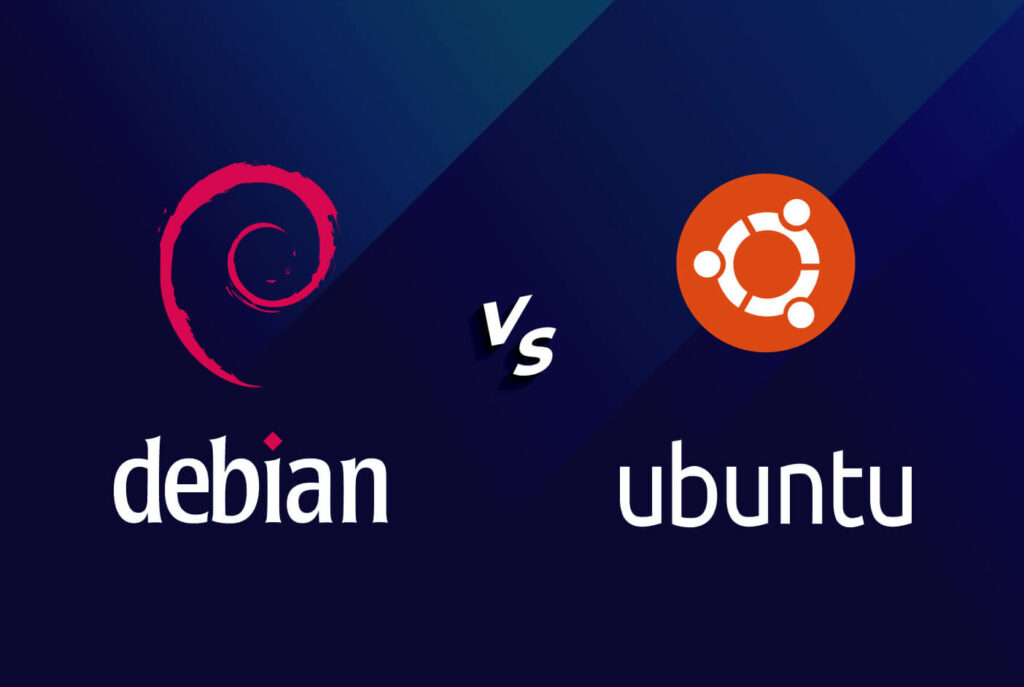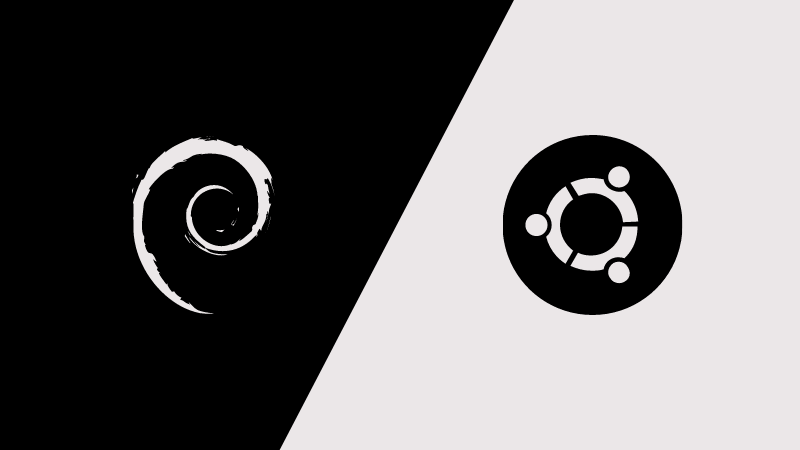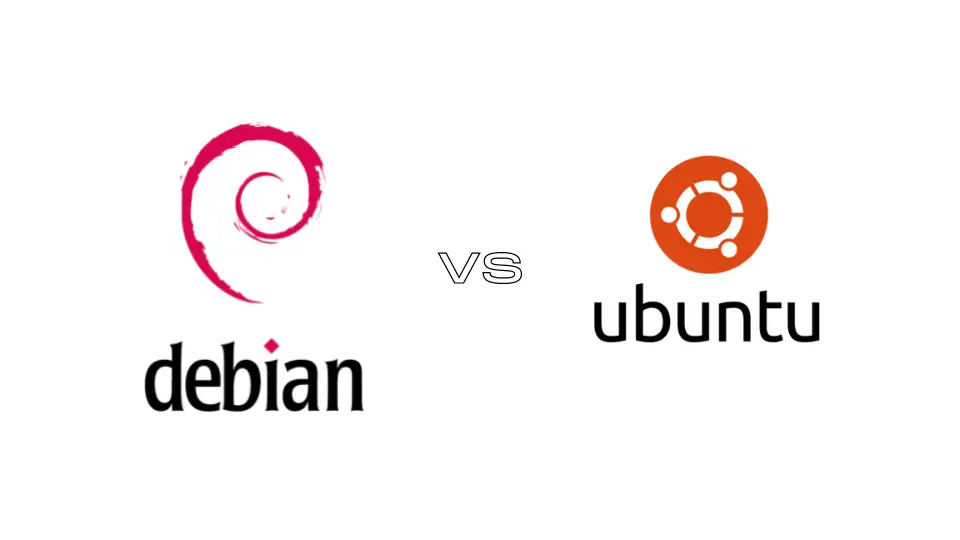Debian vs. Ubuntu Mate: Stability vs. Modernity

In the world of Linux distributions, Debian and Ubuntu Mate stand out as two prominent choices. While both are based on the Debian foundation, they offer distinct experiences that cater to different user needs. Here’s a comprehensive comparison of Debian and Ubuntu Mate, highlighting their key differences:

Stability: Debian prides itself on its unwavering stability, making it a preferred choice for servers and mission-critical applications. The distribution undergoes rigorous testing and adheres to a conservative release cycle, ensuring a highly reliable and secure environment. Debian’s focus on stability comes at the expense of the latest features, as it incorporates new technologies only after they have been thoroughly tested.

Ubuntu Mate, on the other hand, prioritizes a more modern and user-friendly experience. It is based on Ubuntu LTS (Long Term Support) releases, which offer extended support for extended periods, ensuring a stable foundation. However, Ubuntu Mate is more willing to adopt newer software packages than Debian, striking a balance between stability and modernity.
Modernity: Ubuntu Mate outshines Debian in terms of modernity. It features a more up-to-date software stack, including the latest versions of major applications and desktop environments. This provides users with access to cutting-edge features and the ability to run the latest software without compatibility issues. The distribution also receives regular updates, ensuring that users can enjoy the latest security patches and bug fixes.
Debian, while not as modern as Ubuntu Mate, offers stability and a more predictable update cycle. Its conservative approach ensures that critical systems remain stable and free from unexpected changes. For users who prioritize reliability and prefer to avoid the potential pitfalls of using bleeding-edge software, Debian is a better choice.
Target Audience: Debian’s stability-first approach makes it ideal for system administrators, server owners, and users who prioritize reliability above all else. It is widely used in enterprise environments, where stability is paramount.
Ubuntu Mate is geared towards users who seek a balance between stability and modernity. It is suitable for both home and office environments, where users want to run the latest software without sacrificing system stability.
Conclusion: Debian and Ubuntu Mate offer distinct experiences tailored to different user needs. Debian provides unparalleled stability and reliability, making it a trusted choice for mission-critical applications and servers. Ubuntu Mate, on the other hand, combines stability with modernity, offering a more user-friendly experience and access to the latest software. The choice between these two distributions ultimately depends on the user’s preferences and priorities.## Debian Vs. Ubuntu Mate: Stability Vs. Modernity
Executive Summary
In the realm of Linux distributions, Debian and Ubuntu Mate stand as two formidable contenders. Debian, renowned for its stability and rock-solid foundation, contrasts with Ubuntu Mate, characterized by its user-friendly interface and modern design. This comparative analysis meticulously examines the strengths and weaknesses of these two Linux powerhouses, unlocking valuable insights for users seeking a tailored computing experience.
Introduction
When embarking on the journey to select an operating system, understanding the inherent differences between Linux distributions is paramount. For those seeking a stable and reliable platform, Debian emerges as a beacon of dependability. Ubuntu Mate, on the other hand, captivates users with its intuitive interface and modern aesthetics. This article delves into the key subtopics separating Debian and Ubuntu Mate, enabling readers to make informed decisions that align with their specific computing needs.
Interface and User Experience
Debian adheres to a traditional Linux desktop environment, providing a familiar and customizable experience. Ubuntu Mate, in contrast, boasts a polished and user-friendly interface inspired by the classic GNOME 2. Users can effortlessly navigate the system, accessing menus, settings, and applications with ease.
- Debian: Familiar and customizable Linux desktop
- Ubuntu Mate: Intuitive and user-friendly Gnome 2-inspired interface
Stability and Security
Debian’s unwavering commitment to stability has earned it a reputation as a rock-solid distribution. Its conservative approach to software updates prioritizes reliability over bleeding-edge features. Ubuntu Mate, while based on Debian, adopts a more frequent update cycle, ensuring timely security patches and new software releases.
- Debian: Conservative updates for maximum stability
- Ubuntu Mate: More frequent updates for improved security
Package Management and Software Availability
Debian’s vast repository contains a comprehensive collection of software packages, offering users a wide array of choices. Its package management system, apt, is renowned for its reliability and efficiency. Ubuntu Mate, also leveraging Debian’s repositories, adds its own software sources, providing access to additional packages and features.
- Debian: Comprehensive repository with apt package manager
- Ubuntu Mate: Debian repositories plus additional software sources
Community Support
Debian’s extensive community of contributors and users provides invaluable support through forums, mailing lists, and online documentation. Ubuntu Mate, while having a smaller community, benefits from its close association with the larger Ubuntu community, ensuring ample resources and assistance.
- Debian: Extensive community support with forums and documentation
- Ubuntu Mate: Smaller but active community backed by Ubuntu community
System Requirements and Hardware Compatibility
Debian’s conservative nature extends to its system requirements, making it accessible on a broader range of hardware. Ubuntu Mate, with its more modern interface, may require slightly more powerful hardware for optimal performance.
- Debian: Suitable for a wide range of hardware configurations
- Ubuntu Mate: May require more powerful hardware for a smooth experience
Conclusion
The choice between Debian and Ubuntu Mate hinges upon individual preferences and computing needs. Debian stands as the embodiment of stability and reliability, offering a rock-solid platform for users seeking a dependable and customizable system. Ubuntu Mate, on the other hand, captivates with its modern interface, user-friendly design, and frequent updates. Ultimately, the optimal Linux distribution is the one that seamlessly aligns with the user’s specific requirements and expectations.
Keyword Phrase Tags
- Linux Distributions
- Debian
- Ubuntu Mate
- Stability
- Modernity

Ubuntoo matee es better
Debian is stablee i cant beleve debian is now unstable
Interesting article! I didn’t know that Debian was more stable than Ubuntu Mate. I’m going to have to try it out.
I’ve been using Debian for years and I’ve never had any problems with it. It’s a great distro for people who want a stable and reliable system.
I’m not sure I agree with the article’s conclusion. I’ve found Ubuntu Mate to be just as stable as Debian, but with a more modern interface.
I’m not sure ehyyyy the author is comparing Debian to Ubuntu Mate. They’re two different distros with different goals.
I’m not sure if I should laugh or cry at this article. The author is clearly biased towards Debian and doesn’t give Ubuntu Mate a fair shake.
Debian is for old people who don’t like change. Ubuntu Mate is for cool kids who want the latest and greatest.
I’m not sure what the author is trying to say. Is Debian more stable than Ubuntu Mate? Or is Ubuntu Mate more modern than Debian? I’m confused.